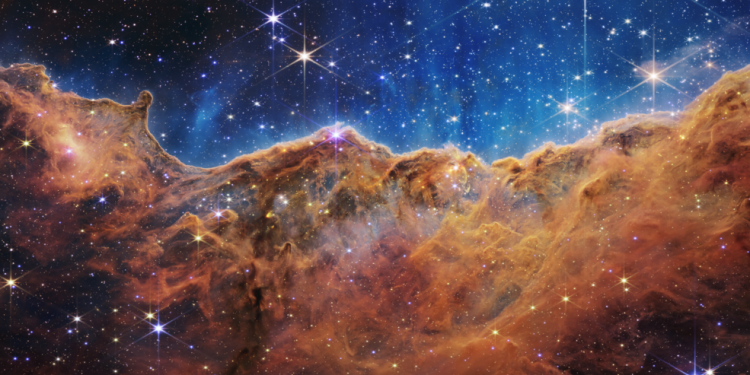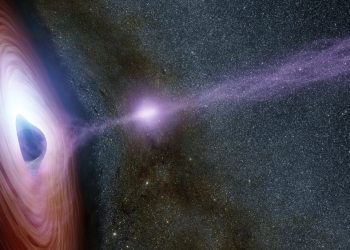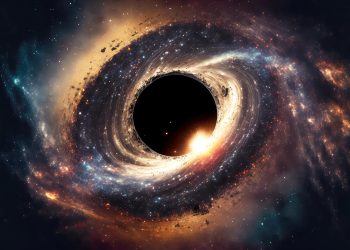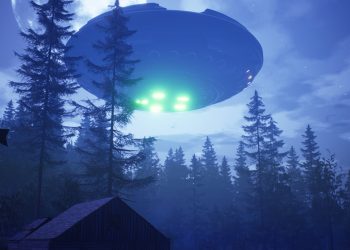The universe is a magical place. Its full of mysteries. It is so big, and we can’t comprehend just how big that is. The more we explore the universe, the more we understand how little we know about it. But despite its many mysteries, humankind has made great progress in understanding our cosmos. Throughout the last few decades, we have learned so much about it. We have discovered that there are likely 40 billion billions black holes in the universe. Our previous understanding of the universe is not quite so, based on James Webb Space Telescope data.
We have found more than 5000 planets in our galaxy. And we continue to explore its wonders with the help of space telescopes such as Hubble and Webb and a plethora of ground-based space observatories. And while we have made great progress, we still cannot answer some of its mysteries. What is dark matter? What does it look like? Are Black Holes cosmic monsters, or are they tunnel across space-time? This remains to be seen, but here are some impressive facts about the universe. Hopefully, with new data from Webb, and the launch of new ground-based telescopes, astronomers will have new tools at their disposal to explore the vastness of the cosmos with more ease.
What happens in the universe in a second
One second goes by in the blink of an eye. One second may not seem much to you and me. But on cosmic scales, one second is a lot. In only ONE second, a lot of things happen. For example, the Sun will consume around 1,000,000,000 tons of Hydrogen in only one second. In one second, somewhere in the distant universe, a large black hole is born. Around 4,800 stars will be born, and 100 stars will die. Light will have traveled nearly 300,000 km, or 299,729 to be precise. The universe is expanding, and in ONE second, it will expand by a further 2,109,000 kilometers. Our galaxy will rotate at 210 kilometers per second in only one second. Furthermore, it will grow by 500 meters in the blink of an eye. Our cosmic neighbor, the Andromeda Galaxy, is moving towards us at 300 kilometers per second.
Have something to add? Visit Curiosmos on Facebook. Join the discussion in our mobile Telegram group.











